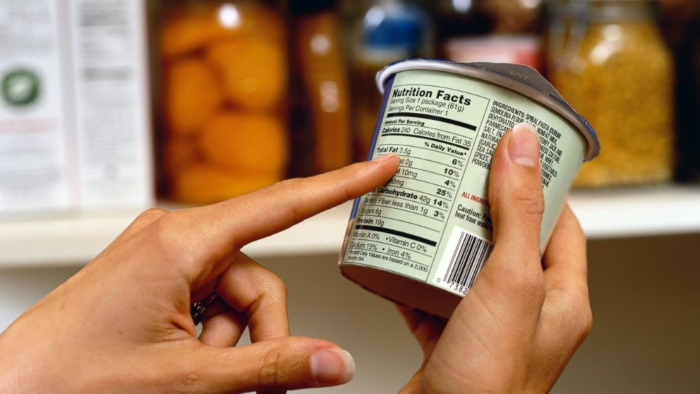Team L&M
Apex medical institutions, AIIMS, conducted a study KAP study on FOPL in India to determine what type of Front of Pack Labelling (FOPL) system would be most effective for Indians. According to the study unveiled at a pan-Indian gathering of top medical experts, when respondents were asked to choose among various FOPL designs such as the multi-coloured traffic light system or the star rating system, “high-in style” warning labels emerged the clear winner.
Administered to a varied demographic across 15 states, this study was designed and led by AIIMS Rishikesh along with its counterparts in various locations.
Speaking about the objective and methodology, Dr Pradeep Agarwal, AIIMS Rishikesh said, “As doctors we are witnessing the debilitating impact caused by excessive consumption of foods high in salt, sugar and saturated fats, on the health of this country, particularly on our youth and children. This observational survey has ascertained which type of label people find easiest to read and most helpful in guiding their purchase decisions. We also found that 93% Indians concur that simple front-of-pack label on all food and beverage is a necessity.”
Senior doctors from AIIMS Delhi, Rishikesh, Jodhpur, Gorakhpur, Bhatinda, Bibinagar, Assam and Srinagar, and representatives from Indian Public Health Association (IPHA), Indian Association of Preventive and Social Medicine (IAPSM), Indian Institute of Biliary Sciences (IBLS) among others, gathered at the National Academy of Medical Science to release this study.
An FOPL is regarded as the most effective policy solution which can inform consumers in an easy-to-understand manner about high levels of sugar, sodium and saturated fat that may be present and discourage the purchase of unhealthy packaged food.
The KAP study on FOPL in India reveals that people are ready to make healthier food choices and find simple ‘warning labels’ as easy to read and understand. Stressing on the need to choose correctly and scientifically, Dr Umesh Kapil, President of the Epidemiological Foundation of India said, “Research shows that labels which only highlight nutrients of concern, ie, warning labels, work best to safeguard public health. It is heartening to note that Indians have almost unanimously voted ‘high-in warning labels for salt, sugar, fats’ as the easiest to understand. Front of Pack Warning Labels (FOPWL) can result in immediate public health benefits – all the more reason why India, which accounts for 25 per cent of the global burden of heart disease, cannot afford not to get it right the first time.”
A majority are of the opinion that FOPL should be made mandatory and 87 per cent find nutrition labelling helpful. Applauding this initiative as timely, Dr Sanjay Rai, Professor, Community Medicine, AIIMS, Delhi and President of the IPHA said, “The study has shown that warning labels have the widest appeal. We are witnessing a worldwide tipping effect of diet related NCDs. A momentous shift is required and if done in a scientific, evidence-based manner, FOPL can bring about this change swiftly. No time must be lost as millions of lives are at risk.”
Talking about industry’s hesitation to embrace ‘warning labels on the front-of-pack’ and its various delaying tactics, Dr Suneela Garg, National President IAPSM, said, “The corporate play book uses multiple strategies like ‘corporate washing’ to dilute the basis for a strong FOPL. Big Food diverts attention from health harm to consumer behaviour. They may also use false claims such as the world’s largest sugar sweetened beverage company ironically committing to protecting people from NCDs.”
